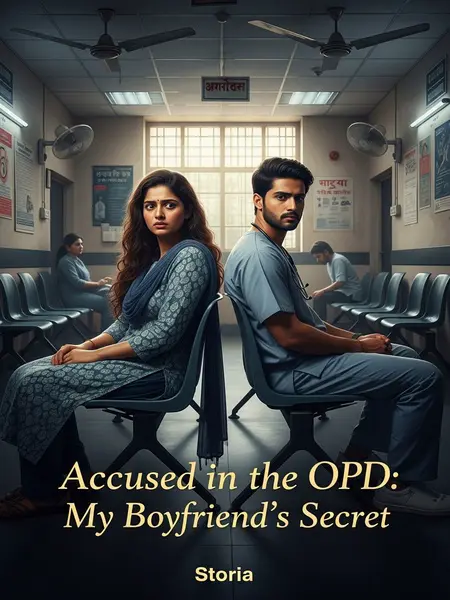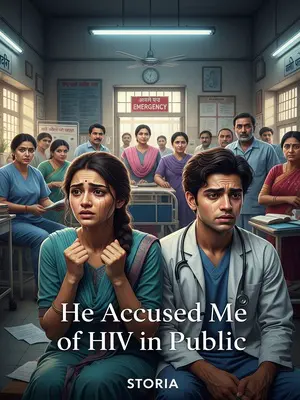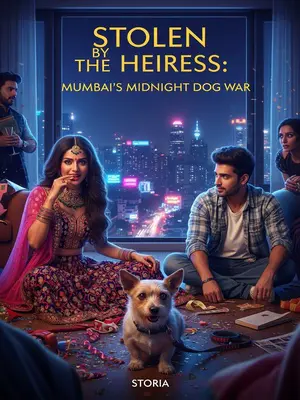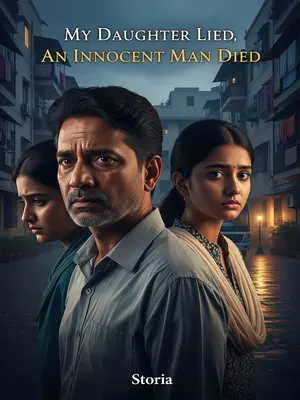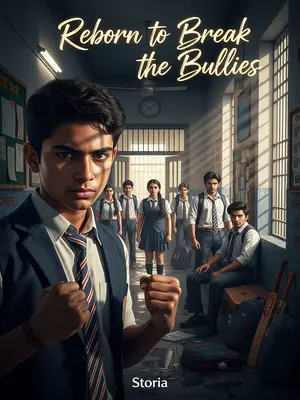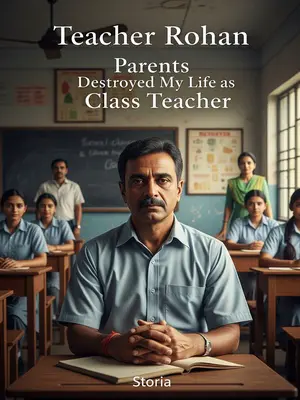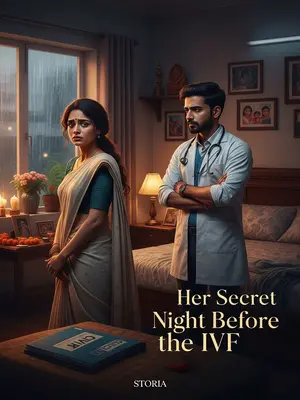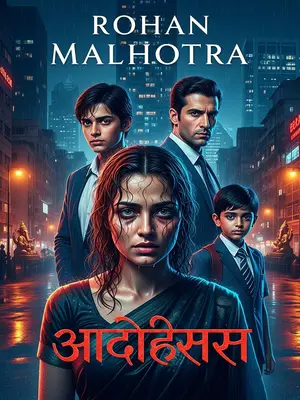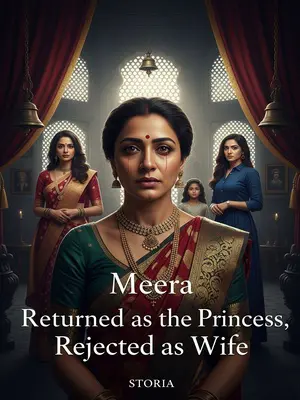Chapter 2: Protection and the Unspoken Truths
I was worried she might be infected too. The guilt, the stigma, the fear of what her parents might say—all of it flickered in her downcast eyes.
"When was your most recent sexual activity?" I asked.
The girl blushed, hesitated, and replied, "Four weeks ago." She couldn’t meet my gaze, her cheeks pink as she fiddled with the corner of her dupatta.
"Did you use protection?"
Her voice dropped, eyes darting to the floor. A flash of memory—awkward sex-ed classes, teachers mumbling and students giggling, the subject always brushed aside. "I always ask him to use a condom throughout, but isn’t that just for contraception?" Her question was genuine, her vulnerability laid bare by the cultural gap.
Arrey yaar, I always thought everyone knew condoms help prevent STDs. But with the kind of sex education most of us got—if at all—who can blame her?
I explained gently, "Of course they help. Condoms not only prevent pregnancy, but also block about 99% of STDs—HIV, syphilis, gonorrhoea, and non-gonococcal urethritis. The risk of infection from unprotected sex is very high." I watched as realisation dawned on her face, her shoulders drawing tight with worry.
"So, if I used protection, is the risk of infection still high?"
"There’s still some risk of syphilis, but it’s much lower." I softened my tone, trying to offer reassurance along with information.
Even with protection, close contact—like sharing towels or bathrooms—can still transmit syphilis. In many Indian homes, space is tight, and sharing is a way of life.
A lot of people think STDs are only spread through intercourse. But syphilis is different from HIV—more contagious, and sometimes transmitted through daily contact. The main route, though, is still unprotected sex. I could see her mind racing, replaying every shared towel and bathroom visit in the past month.
With protection, the risk drops, but caution is always wise.
"Have you noticed any symptoms—like a painless hard sore, or a rash like your boyfriend’s?" I asked, keeping my words gentle.
She hesitated. The terms might have been too technical.
I suggested she get checked anyway—it would be quick, and if she had a chancre, it would make a good teaching case for the intern. She nodded, determination flickering in her eyes—the quiet bravery of so many Indian women, facing the unknown.
I explained, "Syphilis generally has three stages: Primary syphilis shows up as a painless hard sore; secondary as a rash; tertiary can affect any organ." The intern listened, eager for real-world lessons beyond the textbook.
The intern drew the curtain, fumbling with the stubborn rings that always stick at the wrong moment. The girl glanced at him, her discomfort obvious, shifting from foot to foot.
"Doctor, why is he here too?" she asked, her face flushed.
"He’s an intern doctor, here to learn. I was an intern once too. Don’t worry—we’ll be professional and respectful," I assured her, offering a small, reassuring smile.
She blushed but nodded, accepting quietly as we continued. Her trust reminded me of my own first days as an intern, when every patient was both lesson and responsibility.
Many patients feel uneasy with interns during intimate exams. I always explain and respect their wishes—no amount of learning is worth a patient’s discomfort.
After all, every doctor starts as an intern. Only by seeing real cases do you learn what textbooks can’t teach. Medicine, in the end, is about people as much as pathology.
After the exam, there was neither a hard sore nor a rash. Relief washed over her face, her shoulders finally relaxing.
She really didn’t have any symptoms of syphilis, but the worry lingered in her furrowed brow.
So, she probably wasn’t infected—but I couldn’t be certain yet. Medicine rarely gives black-and-white answers, especially with matters of the heart.
At least until the test results came back, I couldn’t tell her, "You’re definitely not infected." For now, I just patted her hand, offering a small smile.
As it turned out, I was naive. That day reminded me again: every OPD visit is a story—sometimes tragic, sometimes absurd, always uniquely Indian. The experiences of these two really opened my eyes. As they disappeared into the crowd outside, I wondered—whose truth would the tests reveal, and what would be left of their love when the results arrived?
